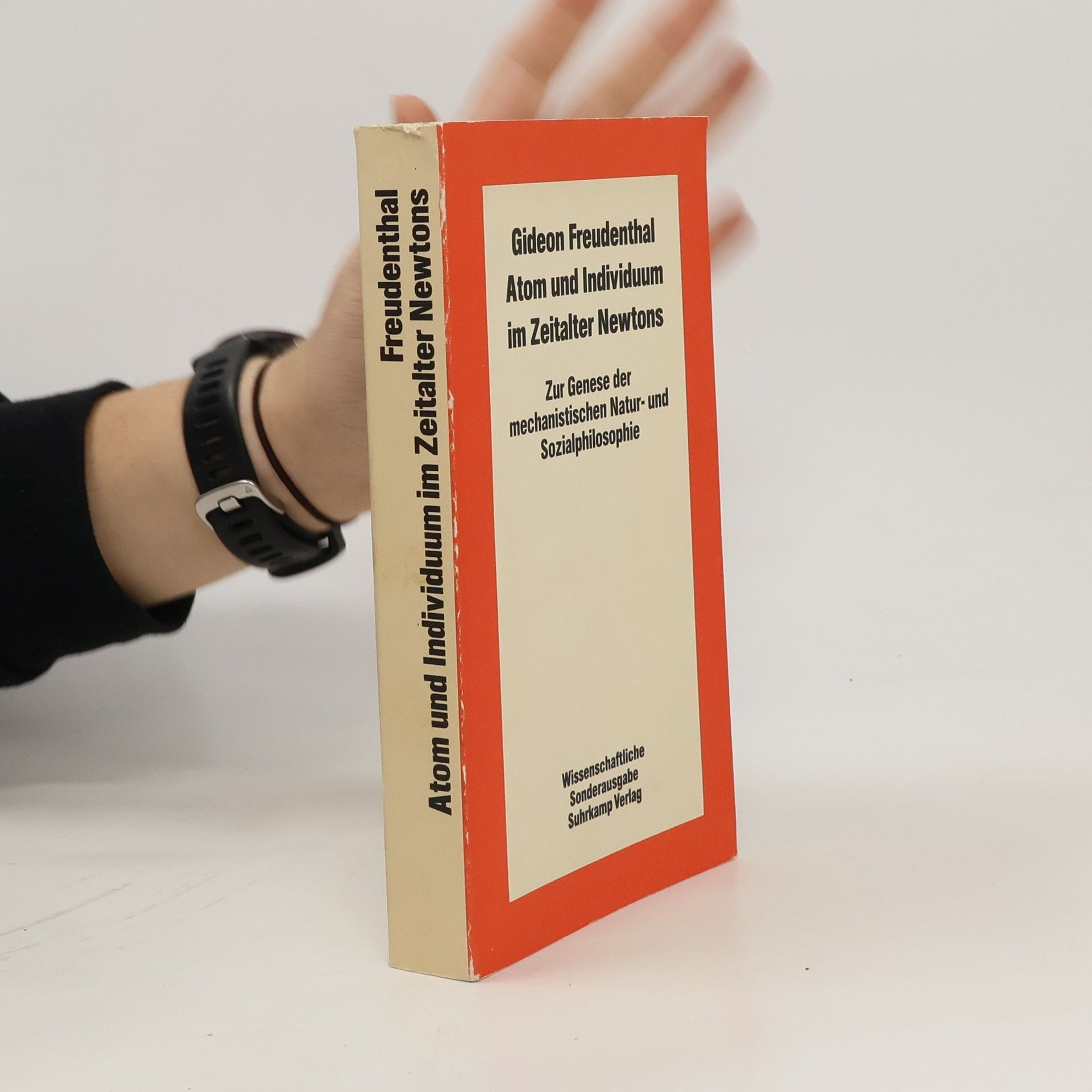Atom und Individuum im Zeitalter Newtons
Zur Genese der mechanistischen Natur- und Sozialphilosophie
Freudenthals Untersuchung rekonstruiert die Genese der mechanistischen Theorieform, die sowohl die Newtonsche Mechanik als auch zeitgenössische philosophische Systeme und Sozialtheorien prägt. Die Entwicklung einer spezifischen analytisch-synthetischen Methode wird durch theoretische Prämissen erklärt, die eine bestimmte Interpretation von technischen Verfahren bedingen. Der Nachweis, dass diese Prämissen von der natur- und sozialtheoretischen Begriffsbildung sowie deren philosophischen Verallgemeinerung abhängen, und dass diese Begriffsbildung selbst von gesellschaftlichen Verhältnissen beeinflusst wird, begründet den Anspruch der Untersuchung, den Zusammenhang zwischen gesellschaftlichen Verhältnissen, technischen Verfahren und wissenschaftlicher Theoriebildung zu erklären. Besonderes Augenmerk liegt auf dem angewandten Verfahren, wobei bloße Parallelisierungen zwischen verschiedenen Wissenschaften oder zwischen Theorieformen und Gesellschaftsstrukturen vermieden werden. In einer kontrollierbaren Argumentation werden zunächst die theoretischen Prämissen der besprochenen Theorien (Teile I und II) freigelegt und anschließend in einer integrierten Darstellung der sozial- und wissenschaftsgeschichtlichen Entwicklung die Genese dieser Prämissen rekonstruiert (Teile III und IV). Diese Rekonstruktion zeigt, dass die Eigenschaften physikalischer und gesellschaftlicher Systeme empirisch begründet sind, während die Bestimmung dieser E
